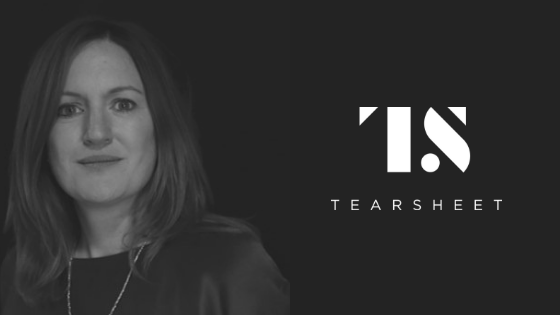Innovation, Podcasts
Mastercard’s Amy Neale: ‘We make it easy for the best startups to say yes to what we have to offer’
- Many innovation programs make direct investments in fintech startups.
- Mastercard found that resources, not money, is a better investment.








